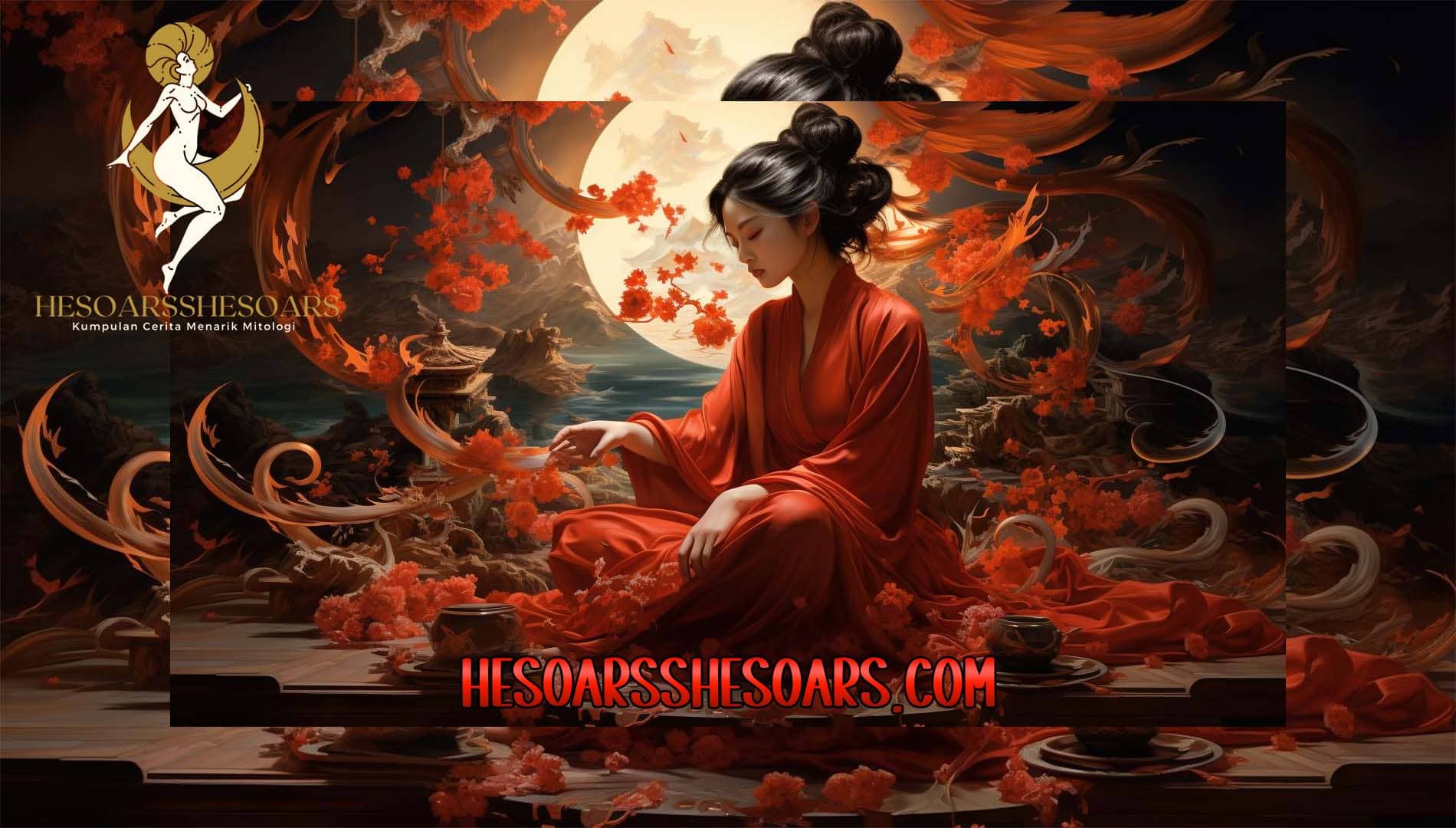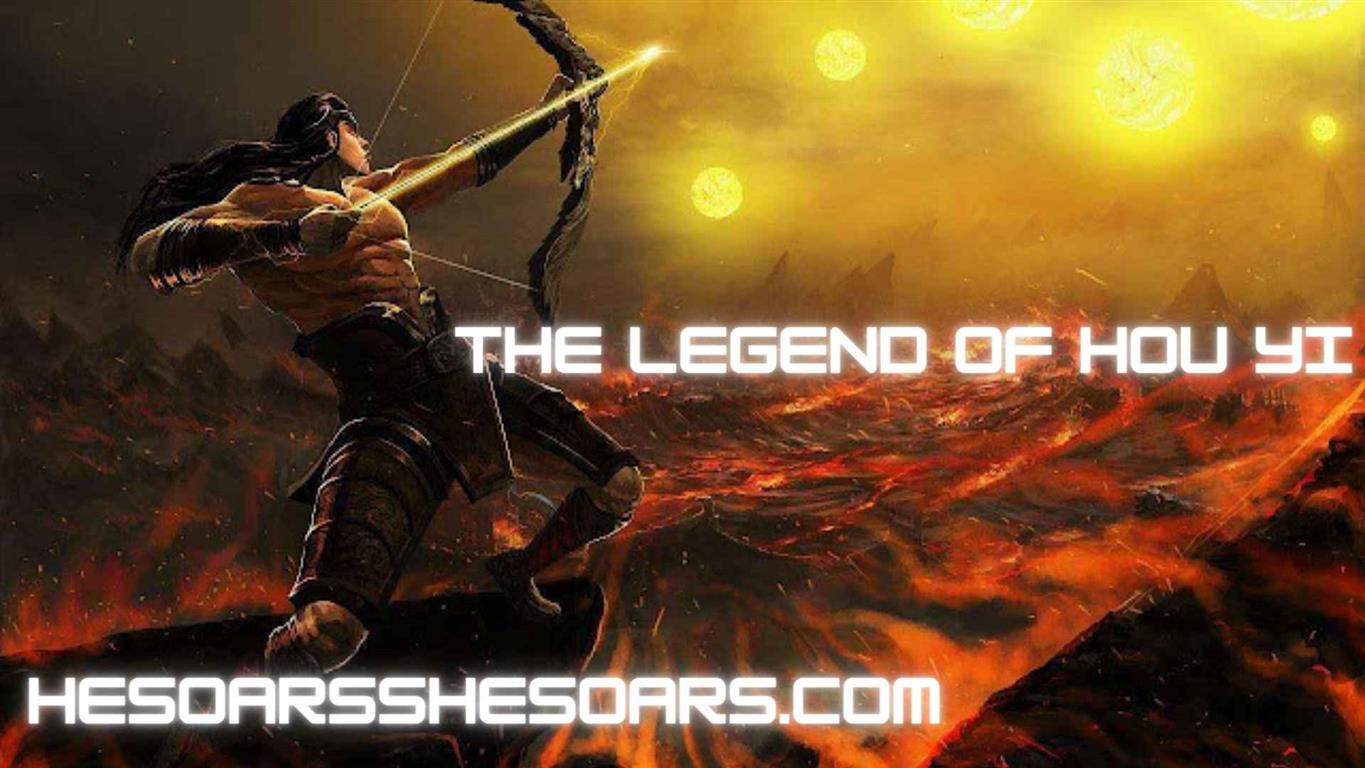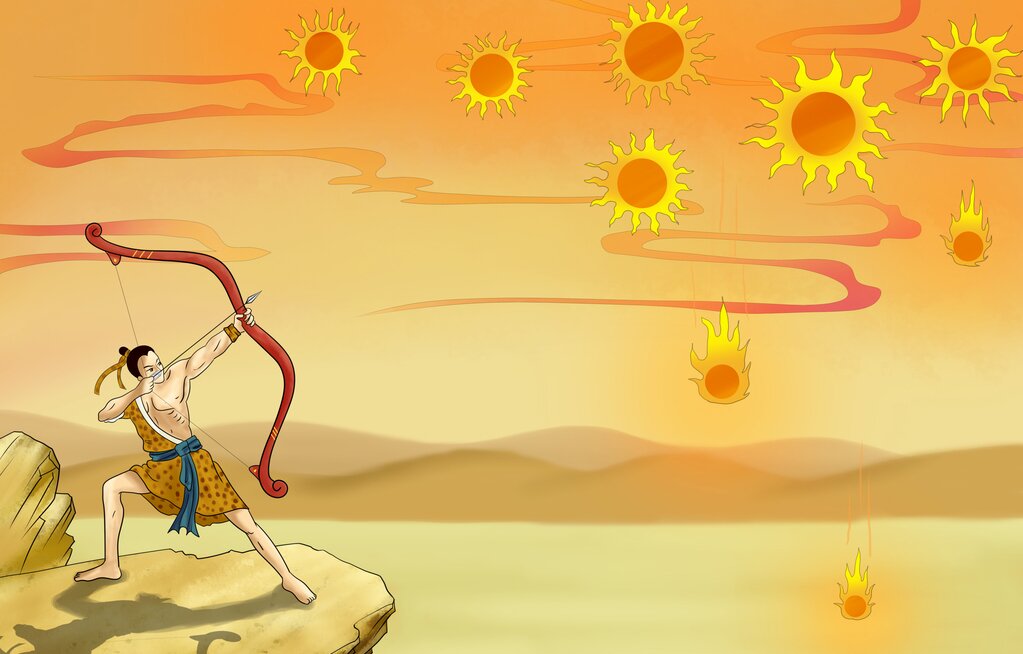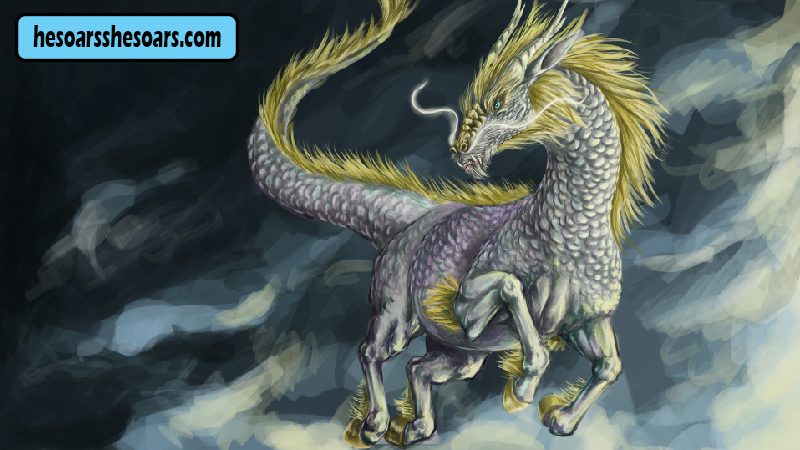In the vast realm of global mythology, tales of creation and origin stories abound. From the ancient Greeks to the Norse pantheon, every culture possesses its unique narrative of how life began. Amongst these, Chinese mythology offers a captivating account of Nüwa, the enigmatic deity responsible for creating humanity. Dive into the world of ancient China and uncover the story of this celestial being and her paramount role in shaping human civilization.
Who is Nüwa?
Nüwa is an ancient Chinese goddess, often depicted with a serpent or dragon’s lower body and a human’s upper body. According to some sources, she is the sister and wife of Fuxi, another pivotal figure in Chinese myth.
The Creation of Humanity
Chinese legends narrate that after the world was formed, it was devoid of human life. Observing this emptiness, Nüwa felt a pang of loneliness and decided to craft humans from yellow clay. Meticulously molding each figure, she breathed life into them, giving birth to the first human.
However, crafting each individual by hand was a labor-intensive process. To expedite the creation, Nüwa dipped a rope into clay and flicked it, causing droplets to fall to the ground, turning into people. This act explains the existence of two classes of people: the hand-molded ones, who became the nobility, and the rope-made ones, representing the commoners.
Mending the Heavens
Nüwa’s contributions were not limited to just humanity’s creation. Another popular tale recounts her heroic deed of saving the world from calamity. When a fierce battle between two gods resulted in a colossal pillar supporting the heavens to shatter, the skies cracked, causing floods, fires, and a slew of disasters.
Witnessing the chaos, Nüwa forged five-colored stones to mend the heavens, curbed the floods by cutting off a giant turtle’s legs to prop up the sky, and exterminated a black dragon causing havoc. Her actions restored balance, ensuring the Earth’s and humanity’s survival.
Legacy and Influence
Nüwa’s tales are not mere myths; they have profoundly influenced Chinese culture and philosophy. The idea of balance, repair, and creation found in her stories echoes in the core tenets of Taoism and Confucianism.
Conclusion
Nüwa’s myth offers an enchanting blend of creation, sacrifice, and restoration. Like many other creation tales worldwide, it seeks to answer humanity’s inherent questions about existence, purpose, and the cosmos’s intricacies. By delving into stories like Nüwa’s, we not only appreciate the rich tapestry of Chinese mythology but also discern the universal themes that connect us all, regardless of culture or creed.




